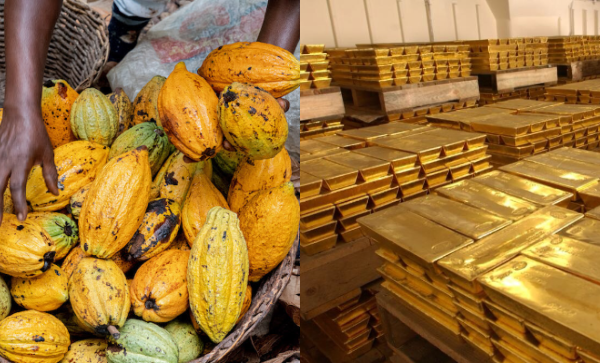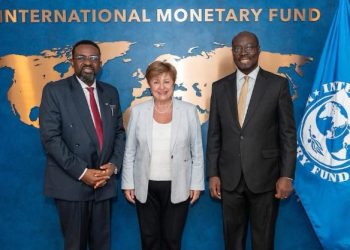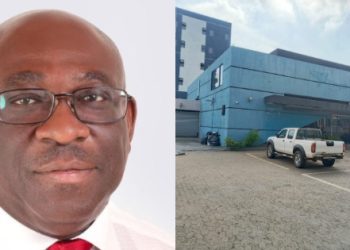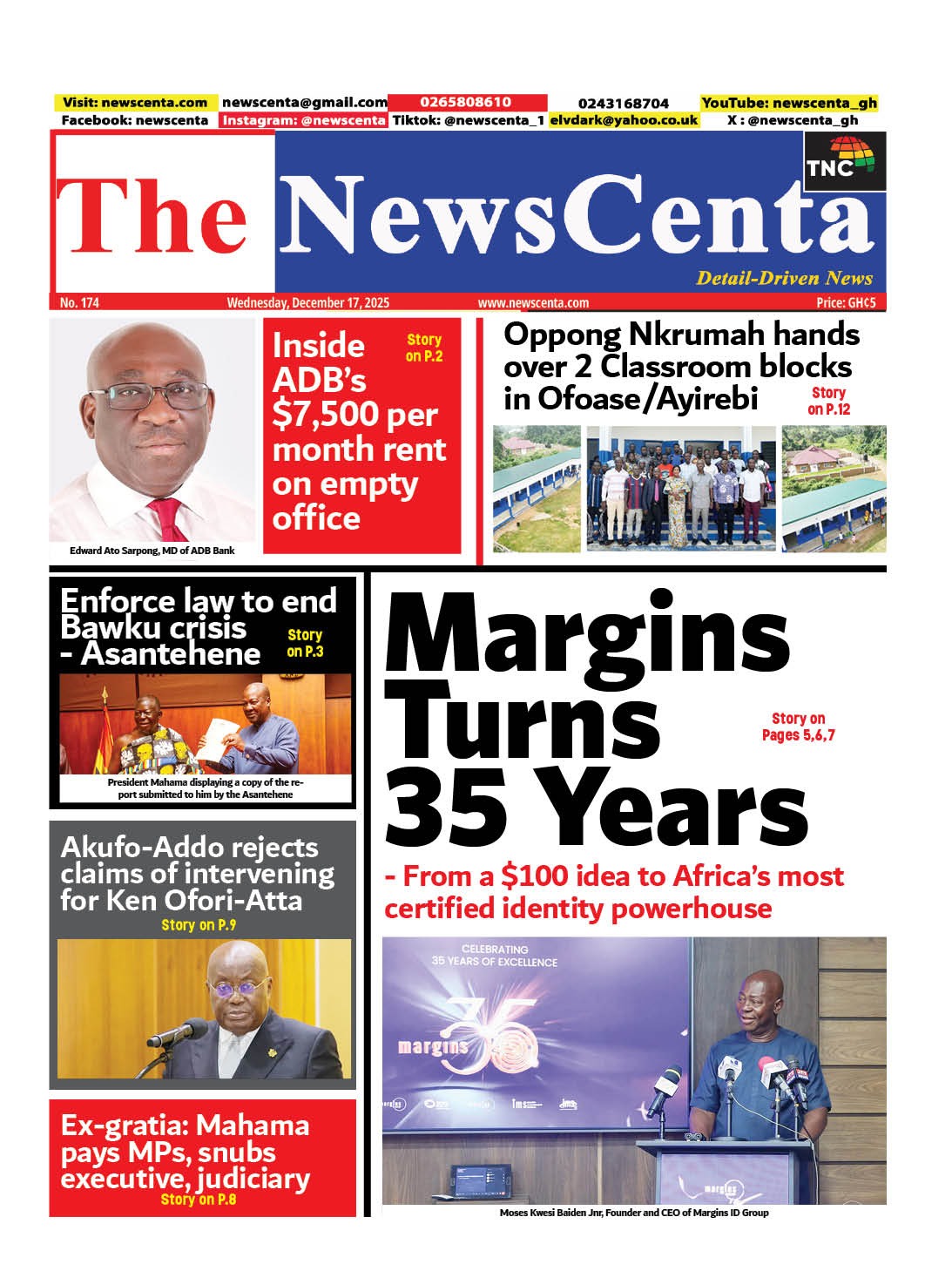Ghana could secure lasting currency stability by partially backing the cedi with strategic resources such as gold and cocoa, according to Professor Yegandi Imhotep Paul Alagidede, the newly appointed Bank of Ghana Chair in Finance and Economics at the University of Ghana.
Delivering his inaugural lecture at Legon last week, Prof. Alagidede said Ghana’s unrivalled position as Africa’s top gold producer, coupled with its global cocoa export strength, provided a solid foundation for a resource-backed monetary system.
“A gold-backed digital currency, monitored by the central bank and audited through blockchain technology, could stabilise the Ghanaian cedi while enhancing public trust,” he said.
Multi-resource backing for the Cedi
Prof. Alagidede proposed that Ghana explore a framework that draws on more than one commodity, including gold, cocoa, and even untapped bauxite reserves, to create a diversified collateral base for monetary stability.
He added that cocoa futures and forward contracts could help deepen liquidity in the agricultural sector while bolstering price stability and supporting monetary independence.
Building on existing initiatives
The professor’s proposals echo previous efforts such as the gold-for-oil and gold-for-reserves programmes championed by former Vice-President Dr. Mahamudu Bawumia.
Those initiatives used Ghana’s gold reserves to reduce foreign exchange demand for fuel imports and provide a buffer for the cedi during market volatility.

At the event, both Bank of Ghana Governor Dr. Johnson Asiamah and the central bank’s Head of Research, Dr. Philip Abrado-Otu, acknowledged the stabilising role that the gold for reserve programme had played in recent years.
Linking academia and policy
In his role as BoG Chair, Prof. Alagidede will work closely with the Bank of Ghana on joint research, develop grant proposals, disseminate policy findings, teach and supervise graduate students, and foster stronger links between the University of Ghana Business School, the Department of Economics, and the financial services industry.
He emphasised that such resource-backed strategies, if carefully structured, could shield the cedi from external shocks, boost investor confidence, and ensure sustainable economic gains.
“We have the resources, the expertise, and the institutional capacity,” he noted. “What remains is the political will to embed these strategies in our long-term monetary framework.”













